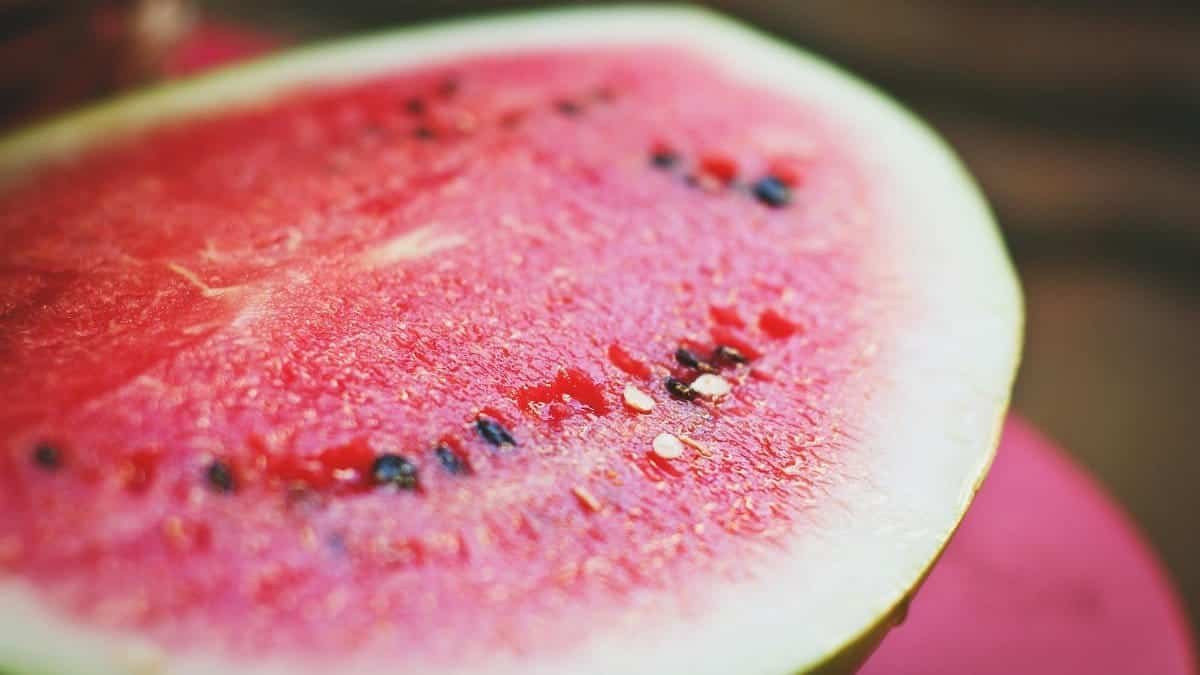Is it safe for dogs to eat watermelon? The quick answer is yes, but with some important caveats. Many pet owners are curious about sharing this juicy summer fruit with their furry friends, and while dogs can eat watermelon in moderation, there are risks to consider. This guide cuts straight to the facts, helping you make an informed decision about treating your pup to this sweet snack without compromising their health.
Safe in Small Amounts

Watermelon is non-toxic to dogs and can be a hydrating treat, especially on hot days. It’s packed with water, vitamins like A and C, and potassium, offering a refreshing boost. However, it should only be given in small, bite-sized pieces to avoid choking hazards or digestive upset. The American Kennel Club confirms that watermelon is safe for dogs when prepared properly. For more details, check their guidelines at American Kennel Club.
Avoid the Rind and Seeds

While the flesh of watermelon is safe, the rind and seeds are not. The tough rind can cause intestinal blockages, and seeds may lead to digestive issues or pose a choking risk, especially in smaller breeds. Always remove these parts before offering watermelon to your dog. Veterinary experts stress the importance of careful preparation to prevent emergencies.
Watch the Sugar Content

Watermelon contains natural sugars that, while fine in tiny amounts, can be problematic for dogs if overdone. Too much can lead to stomach upset or contribute to weight gain, particularly in less active pups. If your dog has diabetes or other health conditions, consult your vet before introducing any sugary treats like watermelon.
Moderation Is Key

Even though dogs can eat watermelon, it should never replace their regular diet. Treats, including fruits, should make up no more than 10% of a dog’s daily caloric intake, according to pet nutrition guidelines. Overfeeding can disrupt their nutritional balance, so keep portions small and infrequent to maintain their health.
Signs of Trouble to Watch For

If your dog eats watermelon and shows signs of distress—think vomiting, diarrhea, or lethargy—it’s time to act fast. These could indicate they’ve had too much, eaten the rind, or have an underlying sensitivity. Contact your veterinarian immediately if you notice anything unusual after they’ve had this fruit.
Other Safe Fruit Alternatives

If you’re unsure about watermelon or want variety, consider other dog-safe fruits like blueberries or apples (seeds and core removed). These options also offer nutritional benefits with lower sugar content in some cases. For a broader list of safe human foods for dogs, refer to resources from the ASPCA at ASPCA.
